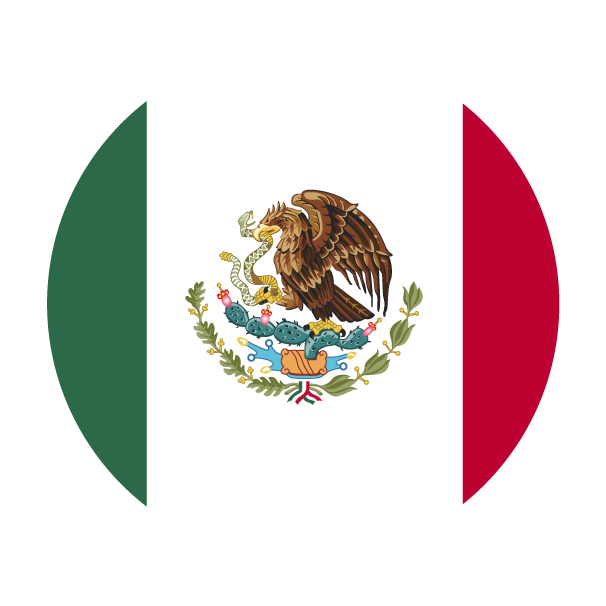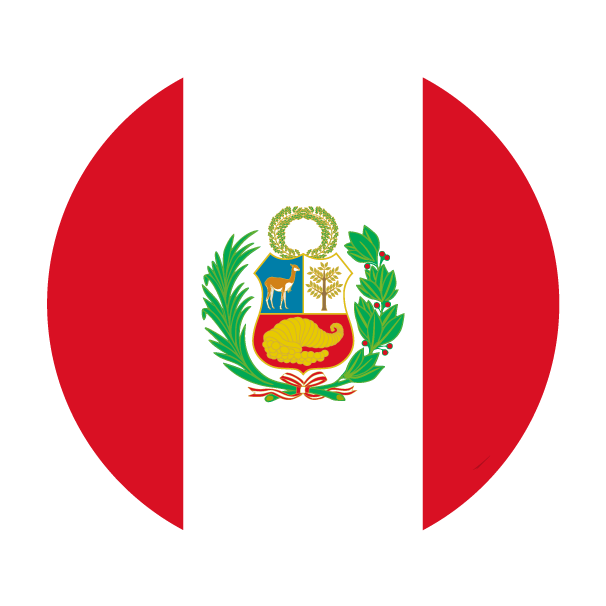The Trump era: challenges and opportunities for Latin America
Published on 15 November 2024

The first days following Donald Trump’s election as the next U.S. president have been turbulent for markets across the continent. The S&P 500 Index, one of the main global equity benchmarks, reached historic highs, surpassing 6,000 points, while inflationary concerns grew in the context of potential U.S. fiscal expansion.
The enthusiasm of U.S. investors reflects the president-elect Trump’s promises of corporate tax cuts, which could improve shareholder returns. However, this optimistic view could be tempered by the lack of alternative plans to manage the fiscal deficit, a risk factor that markets cannot ignore.
In contrast, for Latin America, Trump’s arrival could signify a complex shift in trade, migration, and security relations. Uncertainty could generate volatility in local markets until his administration clarifies its approach, as highlighted by Joaquín Barrera, Director of Fixed Income and Investments at SURA Investments, during our SURA Advisory Forum 2024.
Ildefonso Guajardo, former Secretary of Economy of Mexico, emphasized that Trump’s pragmatism could create opportunities, provided the region adopts resilience strategies to address the challenges ahead. Meanwhile, academic Viridiana Ríos offered an encouraging perspective, pointing out that:
Past experience can be an asset in navigating the new context.
The keys: migration, trade, and security
During the event, Ríos pointed out three major challenges that the region will need to address during Trump’s administration.
The first is the pressure that will exist for migration control, for Latin American countries to act as a containment valve to prevent flows from continuing to reach the U.S. or even becoming a safe third country.
The second challenge is related to international trade, given the revisions the Mexico-U.S.-Canada Agreement (USMCA) will undergo and Trump’s protectionist promises, which could impact countries whose exports depend on the U.S.
Ríos warned that:
We must think about how we will maintain our trade relations with the United States, no longer through globalization but through regionalization, which is the future of trade, how we will manage migratory policies, and how we will have to work with Donald Trump and make concessions in some areas to achieve a more effective policy.
And the third challenge mentioned by the academic concerns security and fentanyl flows, which especially affect Mexico.
Without a doubt, we will see a Trump with great impetus to push Latin American countries to take tougher stances against organized crime.
The key for Latin American countries will be to adopt a regionalization approach, as suggested by Ríos, to strengthen trade relations, address migratory pressure in a balanced way, and maintain dialogue with the U.S. focused on mutual economic growth and security.












